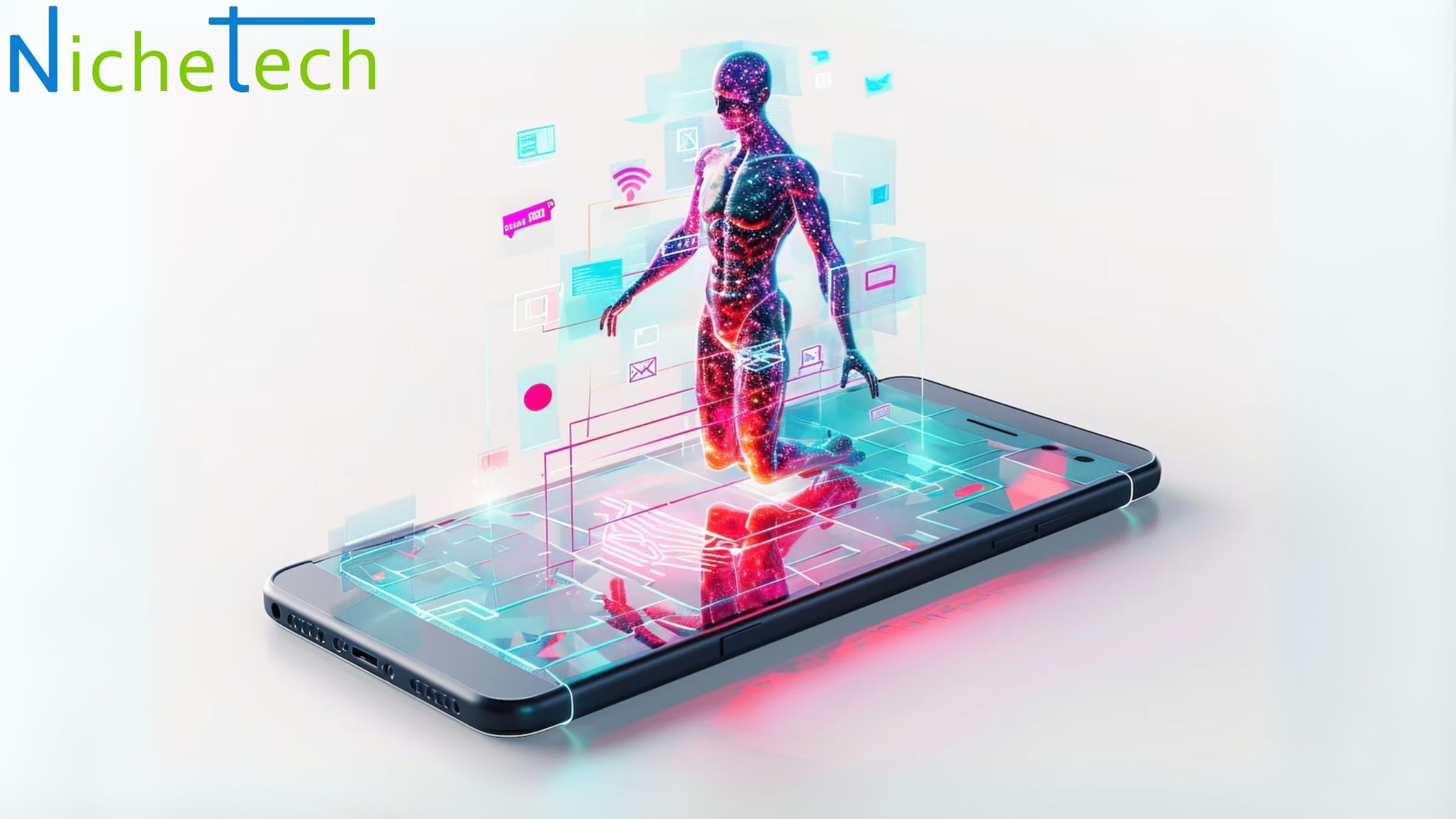The mobile app landscape is undergoing a seismic transformation, driven by the rapid integration of Artificial Intelligence (AI) and Machine Learning (ML). These technologies are no longer just buzzwords; they are reshaping how apps are designed, developed, and deployed. Let’s explore how AI and ML are revolutionizing mobile applications and what the future holds for this dynamic field.
AI and ML: The New Backbone of Mobile Apps
AI and ML bring capabilities that allow apps to adapt, learn, and offer personalized experiences. Their integration means that mobile apps are no longer static programs but dynamic tools that grow smarter with every interaction. Here are a few key ways they are enhancing mobile applications:
Personalization at Scale
AI-powered recommendation systems (like those in Spotify, Netflix, or Amazon) analyze user behavior to provide highly personalized content. As these algorithms evolve, they will create even more engaging and unique experiences.Natural Language Processing (NLP)
Virtual assistants like Siri, Alexa, and Google Assistant owe their conversational abilities to NLP. Mobile apps are increasingly integrating voice recognition and text processing, enabling hands-free, intuitive interaction.Enhanced Security
AI-driven authentication methods, such as facial recognition and behavioral biometrics, are making mobile apps more secure. By learning user habits, ML algorithms can identify suspicious activities and prevent fraud.Real-time Analytics and Insights
AI and ML empower businesses with actionable insights from vast datasets. Apps with built-in analytics can now predict user needs, reducing churn and enhancing user retention.Smarter Automation
Mobile apps are becoming more autonomous, using AI to handle tasks like scheduling, navigation, or even content creation. This automation will evolve to make apps indispensable for daily tasks.
Emerging Trends in AI/ML-powered Mobile Apps
Conversational AI
Chatbots and virtual assistants are becoming more sophisticated, offering human-like interactions. Expect future apps to have seamlessly integrated conversational interfaces.Predictive and Prescriptive Analytics
Apps will not only predict future trends based on data but also prescribe actions for users. For example, health apps might recommend lifestyle changes based on historical health data.Augmented Reality (AR) and AI Integration
AI-powered AR apps are already transforming industries like gaming, real estate, and retail. Future AR apps will offer richer and more intuitive user experiences, powered by real-time AI insights.Hyper-Personalization with Context Awareness
Future apps will understand context like location, time, and user mood, delivering hyper-personalized content and recommendations.AI at the Edge
As edge computing gains traction, mobile apps will process AI models locally on devices, ensuring faster response times and enhanced privacy.
Challenges and Opportunities
The integration of AI and ML into mobile apps is not without challenges. Developers face hurdles like limited processing power on mobile devices, the need for vast datasets, and concerns around data privacy. However, these challenges also present opportunities for innovation. Technologies like federated learning, quantum computing, and advanced encryption protocols are emerging to address these issues.
What Lies Ahead?
The future of mobile apps with AI and ML is dazzlingly bright. Imagine healthcare apps diagnosing illnesses through smartphone cameras, education apps tailoring lessons to individual learning styles, or productivity apps predicting your needs before you even express them. The fusion of AI, ML, and mobile technology is set to create apps that are not just tools but extensions of human intelligence.
What is in for 2025
The synergy of AI and ML with mobile apps is redefining what is possible in the digital world. For businesses, this is an opportunity to innovate and stay ahead of the curve. For users, it means a future where technology is smarter, more intuitive, and more aligned with their needs. As we look ahead, one thing is clear: the mobile app revolution has only just begun.







